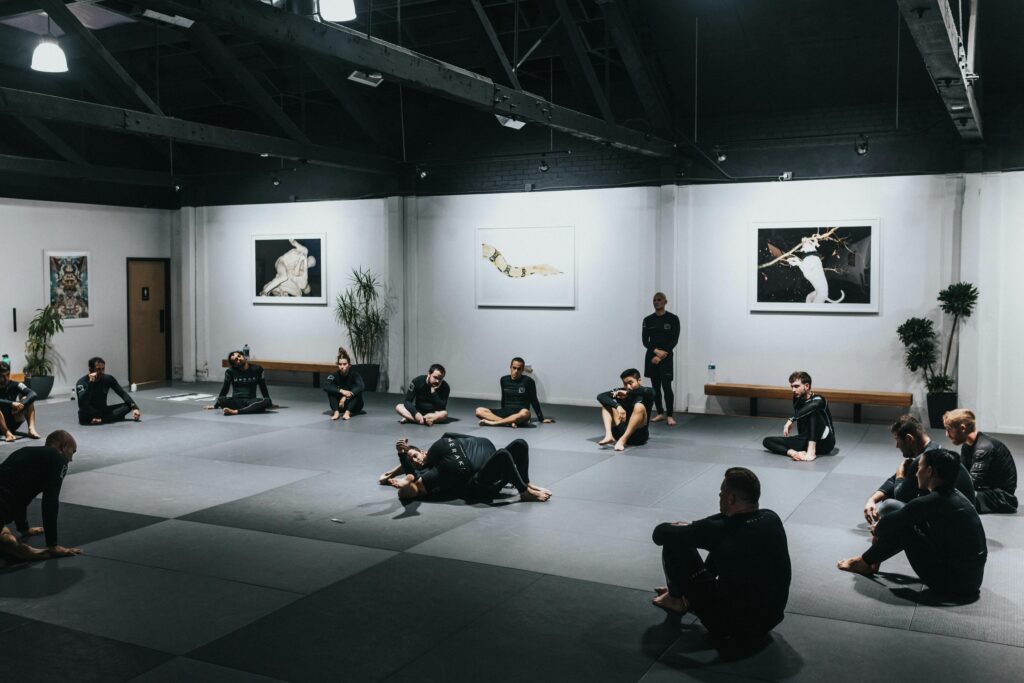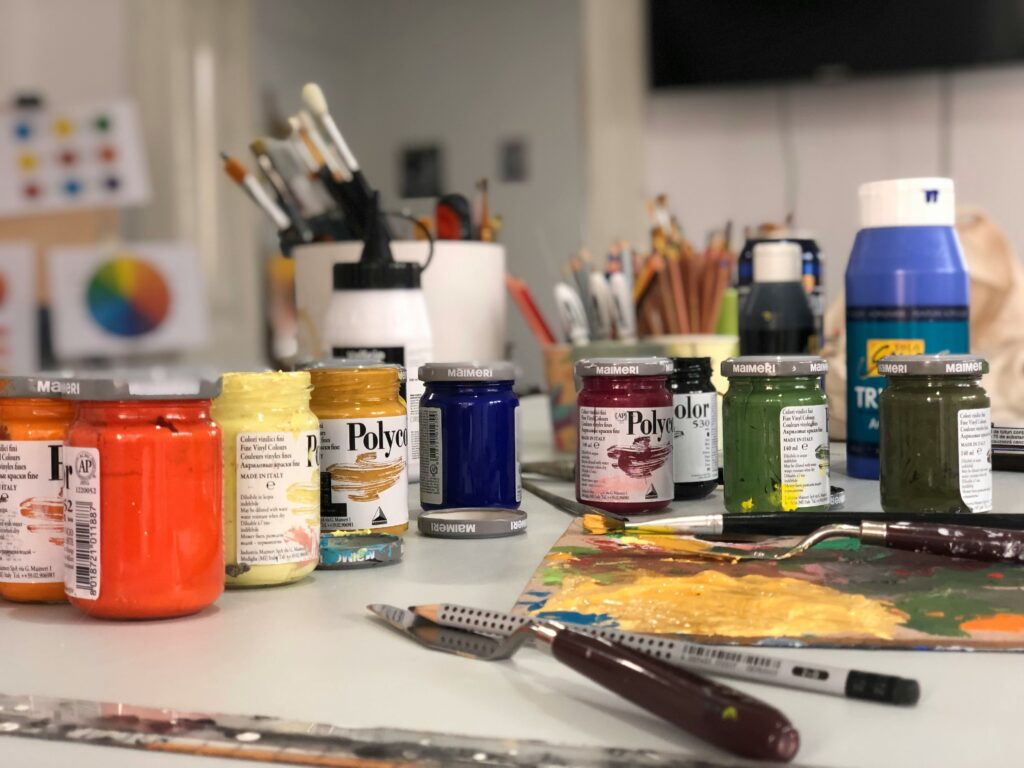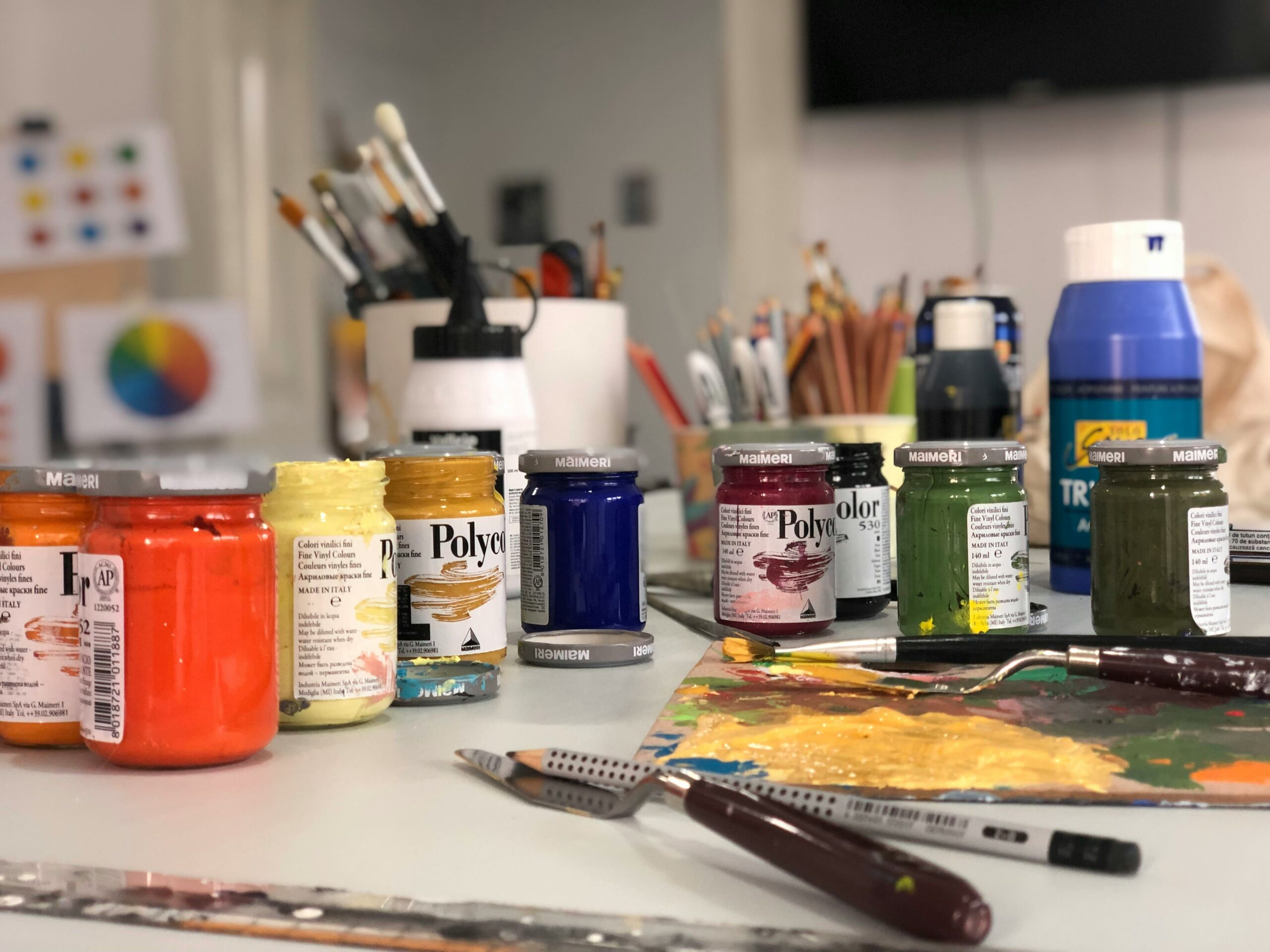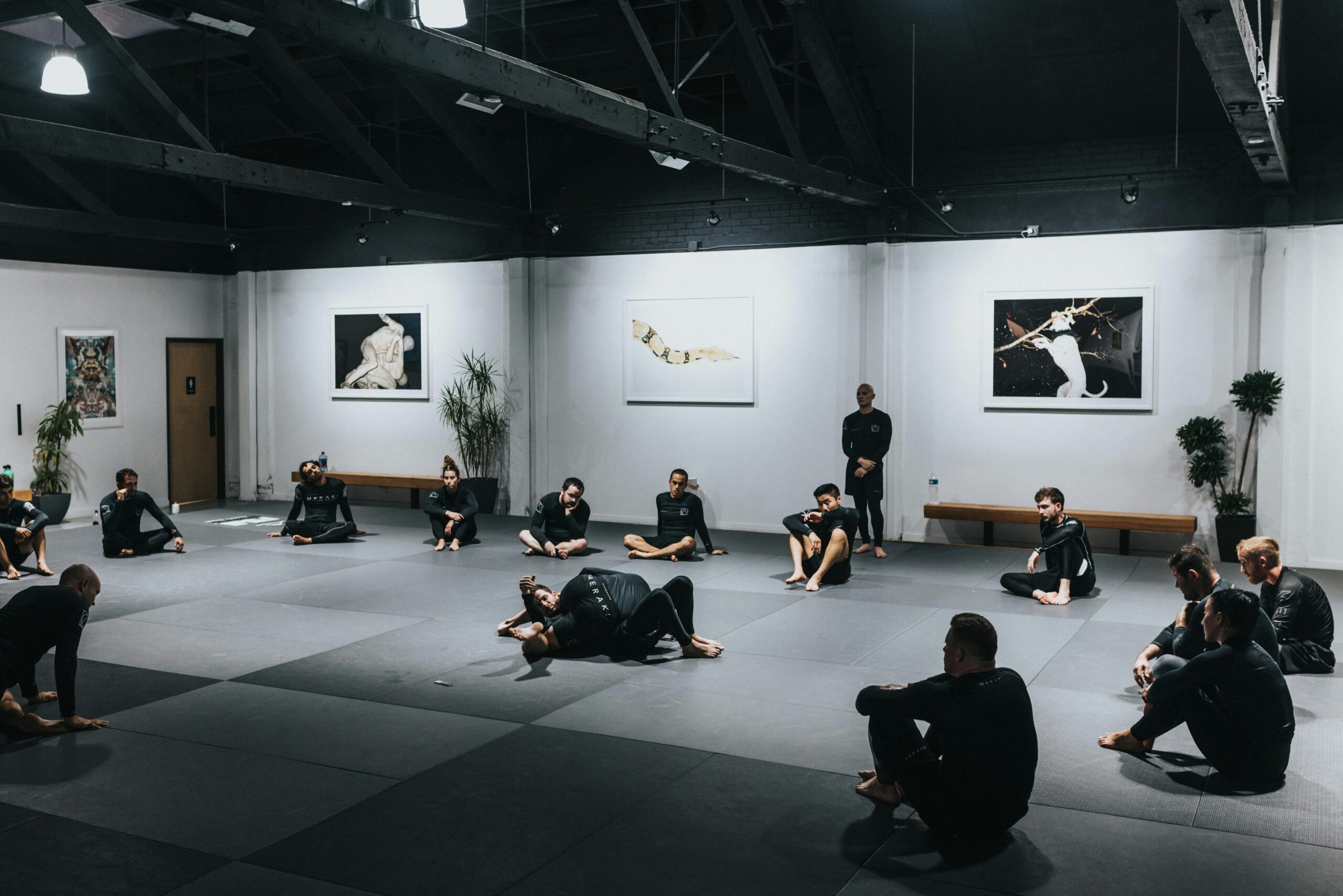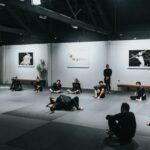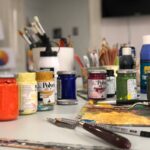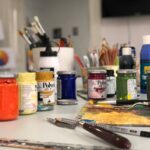Now Reading: Art Therapy Workshops for Substance Abuse: A Creative Path to Recovery
-
01
Art Therapy Workshops for Substance Abuse: A Creative Path to Recovery
Art Therapy Workshops for Substance Abuse: A Creative Path to Recovery
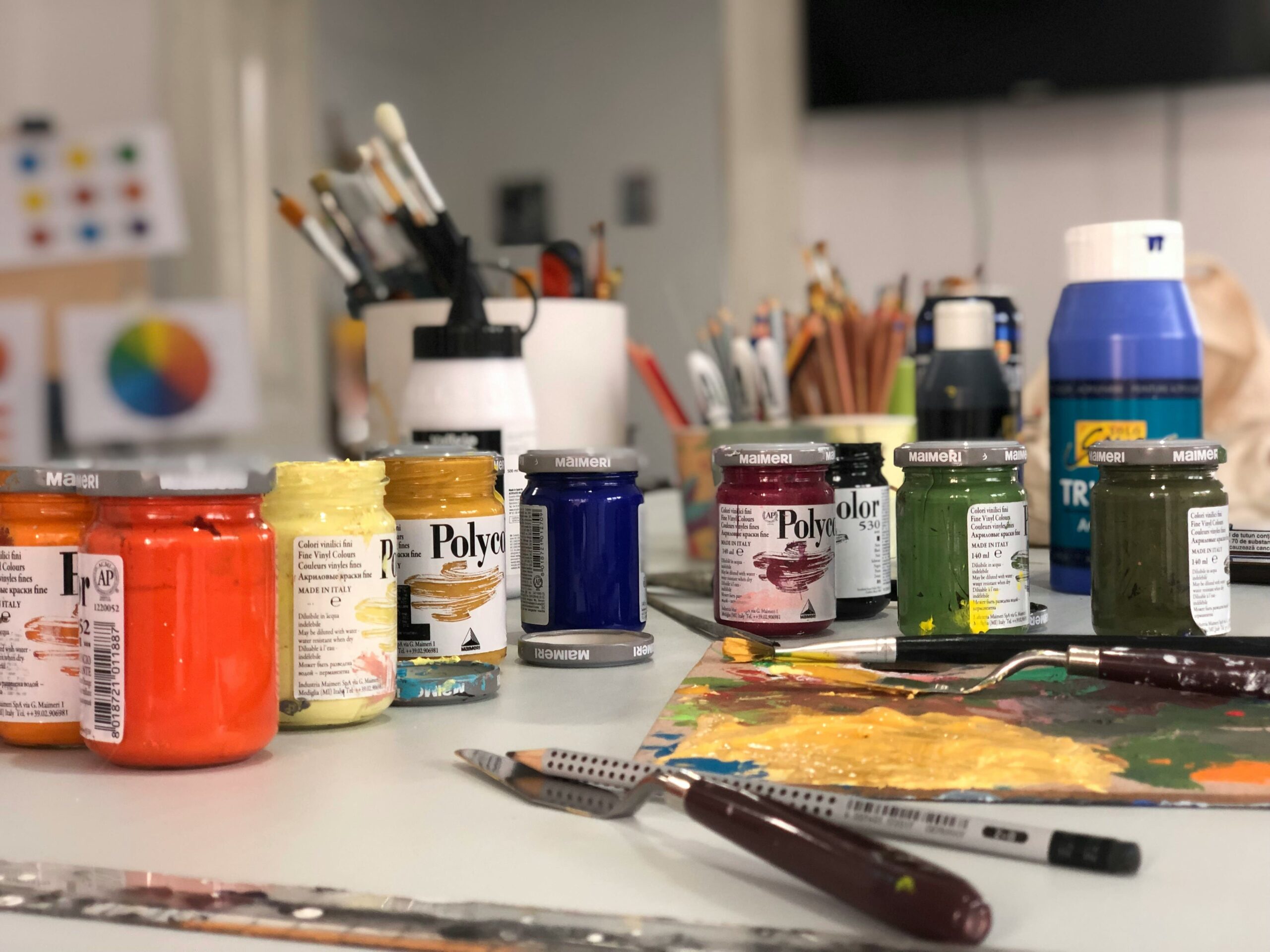
Substance abuse recovery is a deeply personal and emotional journey. Traditional therapies play a crucial role, but complementary approaches like art therapy workshops for substance abuse can offer unique healing opportunities. Through creativity, individuals can find ways to express feelings that words often cannot capture.
What Is Art Therapy?
Art therapy combines the creative process with psychological insight to help people explore emotions, resolve conflicts, reduce anxiety, and enhance self-awareness. Unlike art classes that focus on technique, art therapy emphasizes the process—not the final product.
Art therapy workshops are structured sessions led by trained therapists. These workshops offer a safe space for participants to paint, draw, sculpt, or engage in other creative forms as a part of their healing journey.
The Power of Art in Substance Abuse Recovery
Many people dealing with addiction also carry emotional trauma, shame, and suppressed pain. These feelings often resurface during recovery and can be overwhelming. Art therapy workshops for substance abuse help by allowing individuals to:
- Externalize feelings through visual expression
- Identify emotional triggers
- Practice mindfulness
- Build coping strategies
According to the American Art Therapy Association, creative expression in a therapeutic setting helps improve cognitive function, reduce stress, and support emotional clarity (AATA, 2022).
Why Art Therapy Works for Addiction
1. Expression Without Words
Sometimes, words aren’t enough. For many in recovery, verbalizing trauma or guilt can feel impossible. Art therapy provides a non-verbal outlet for expressing internal struggles. Whether through sketching a chaotic scene or molding clay into a symbol of strength, individuals start processing their emotions.
2. Stress Reduction
Withdrawal, therapy sessions, and lifestyle changes can make early recovery a stressful time. Art-making is inherently calming. A study in the Journal of the American Art Therapy Association found that just 45 minutes of creative activity significantly reduced cortisol levels (the stress hormone) in participants.
3. Emotional Regulation
Many people turn to substances as a way to cope with overwhelming emotions. Through art therapy workshops for substance abuse, individuals learn healthier ways to identify and manage emotions. Visual journaling, mandala creation, or color-based emotion mapping can help participants recognize emotional patterns and triggers.
4. Building Confidence and Self-Esteem
Art therapy encourages exploration without judgment. There are no “wrong” ways to create. This freedom fosters self-confidence and self-acceptance, both of which are essential in long-term recovery.
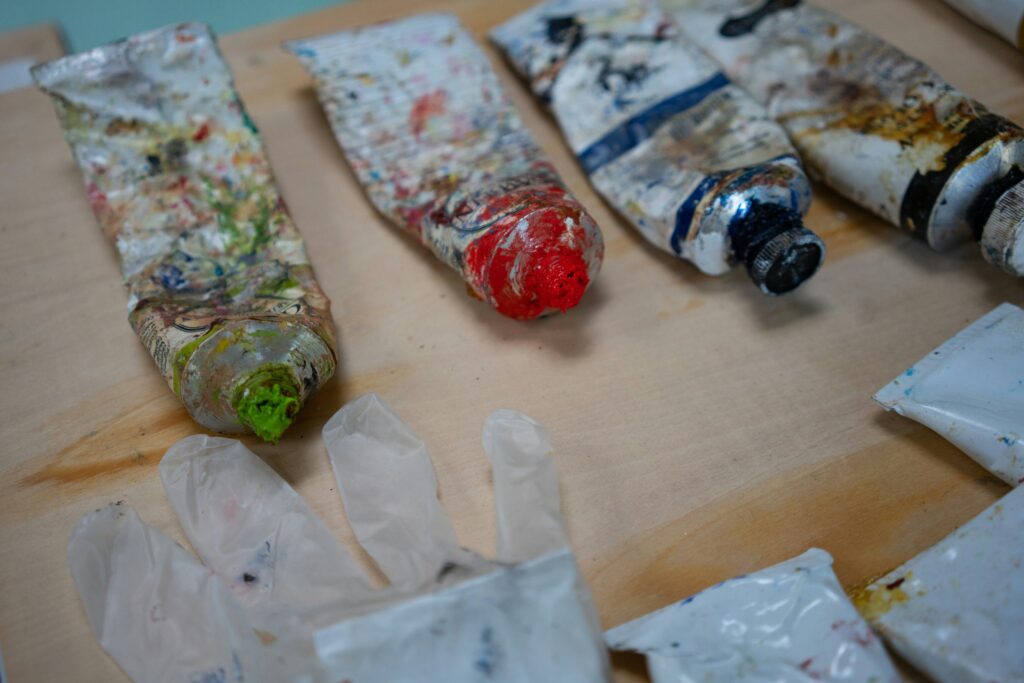
What Happens in an Art Therapy Workshop?
Workshops vary by facility and therapist, but most sessions include:
- Introduction and grounding – A short mindfulness or breathing exercise to begin.
- Art activity – Guided or open-ended creation using various materials.
- Reflection – Participants may discuss their art or simply journal about the process.
- Therapeutic support – The art therapist may offer insights or ask questions to deepen understanding.
Some common exercises include:
- Drawing your “safe place”
- Collaging your future sober self
- Creating masks to reveal your inner and outer worlds
- Sculpting emotions with clay
These activities help reframe internal narratives and open the door to deeper therapeutic insights.
Art Therapy in Different Recovery Stages
Art therapy workshops for substance abuse are effective in all stages of recovery:
Early Recovery
In the detox and early sobriety phase, individuals may struggle to articulate emotions. Art helps externalize inner turmoil and serves as a distraction from cravings.
Mid-Recovery
As individuals gain stability, they often need to address deeper emotional wounds. Art can assist in trauma processing and help explore the root causes of addiction.
Long-Term Recovery
Even years into sobriety, art therapy remains valuable. It provides a lifelong tool for managing stress, improving mood, and maintaining emotional balance.
Art Therapy as Community Support
Group workshops foster connection. Addiction often isolates people, but creating art in a group helps build trust, empathy, and a sense of belonging. Participants realize they’re not alone in their journey, and shared creativity can inspire hope.
Peer support in art therapy workshops for substance abuse encourages openness and mutual healing. People see their struggles reflected in others’ creations, breaking down walls of shame and silence.
Integrating Art Therapy with Other Treatments
Art therapy complements traditional treatments like cognitive behavioral therapy (CBT), medication-assisted treatment (MAT), and support groups such as AA or NA. It adds a tactile, intuitive dimension to recovery.
A well-rounded recovery program often includes:
- Individual therapy
- Group counseling
- Holistic practices (like yoga or meditation)
- Art therapy workshops for substance abuse
By working on both the mind and the body, recovery becomes more sustainable and fulfilling.
Real-Life Stories: Healing Through Art
Many individuals have found new meaning in life through art therapy. For example, Jordan, a 32-year-old in recovery, shared that creating a collage of his past and future gave him clarity and motivation to stay sober.
“I didn’t realize how much I was holding inside. Putting it on paper helped me see what I was running from—and what I’m running toward now,” he said.
Final Thoughts
Art therapy workshops for substance abuse are more than creative outlets—they’re essential recovery tools. These workshops help individuals express their pain, connect with others, and gain insights that support long-term sobriety.
If you or a loved one is in recovery, consider exploring art therapy. Whether painting, drawing, or sculpting, healing can begin with a single brushstroke.
References:
- American Art Therapy Association (2022). What is Art Therapy?
- Kaimal, G. et al. (2016). “Reduction of Cortisol Levels and Participants’ Responses Following Art Making.” Art Therapy: Journal of the American Art Therapy Association, 33(2), 74–80.

Jen Sheldon is a seasoned writer with a passion for fitness, health, wellness, and addiction treatment. With years of experience crafting insightful and research-backed content, she helps readers navigate their journey toward better well-being. When she’s not writing, you’ll find her exploring new workout routines or diving into the latest health trends.











